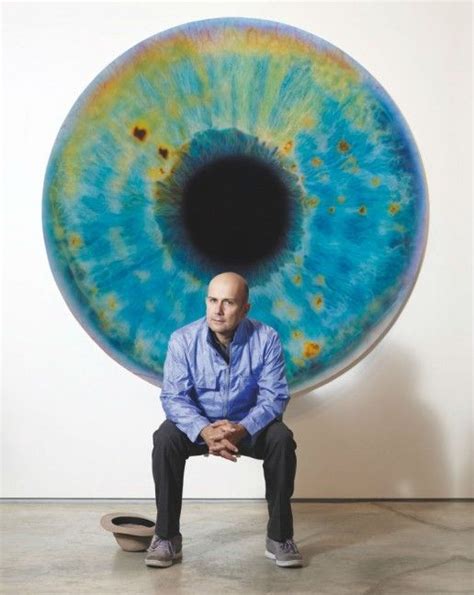A Quote by Stephen King
Related Quotes
Gather knowledge about the craft of writing. Immerse yourself in the art of it. Then write. Write yourself silly. Write yourself mad. Write yourself blind. Trust the excitement that builds within you when the idea is good and the writing is superb. You can do it, but that's the hell of it as well as the exultation of it. You have to do it.
Art is craft: all art is always and essentially a work of craft: but in the true work of art, before the craft and after it, is some essential durable core of being, which is what the craft works on, and shows, and sets free. The statue in the stone. How does the artist find that, see it, before it's visible? That is a real question.
There are very few good writers about art, and you either get art-fashion writing with trendy views or you get very traditional writing. Occasionally, you get people who can write in an interesting way. Really, I think in a sense art writing needs to be renewed as well. It's in a pretty bad condition.
The craft of writing is all the stuff that you can learn through school; go to workshops and read books. Learn characterization, plot and dialogue and pacing and word choice and point of view. Then there's also the art of it which is sort of the unknown, the inspiration, the stuff that is noncerebral.
When I first started writing plays I couldn't write good dialogue because I didn't respect how black people talked. I thought that in order to make art out of their dialogue I had to change it, make it into something different. Once I learned to value and respect my characters, I could really hear them. I let them start talking.
Be critical of but not brutal with your writing. If something isn't essential, get rid of it. Remember that good dialogue can serve a whole passel of purposes in your novel, and to overlook one of them is to overlook one of the tools of the craft. Like hitting a nail with a screwdriver, if you know what I mean.

































